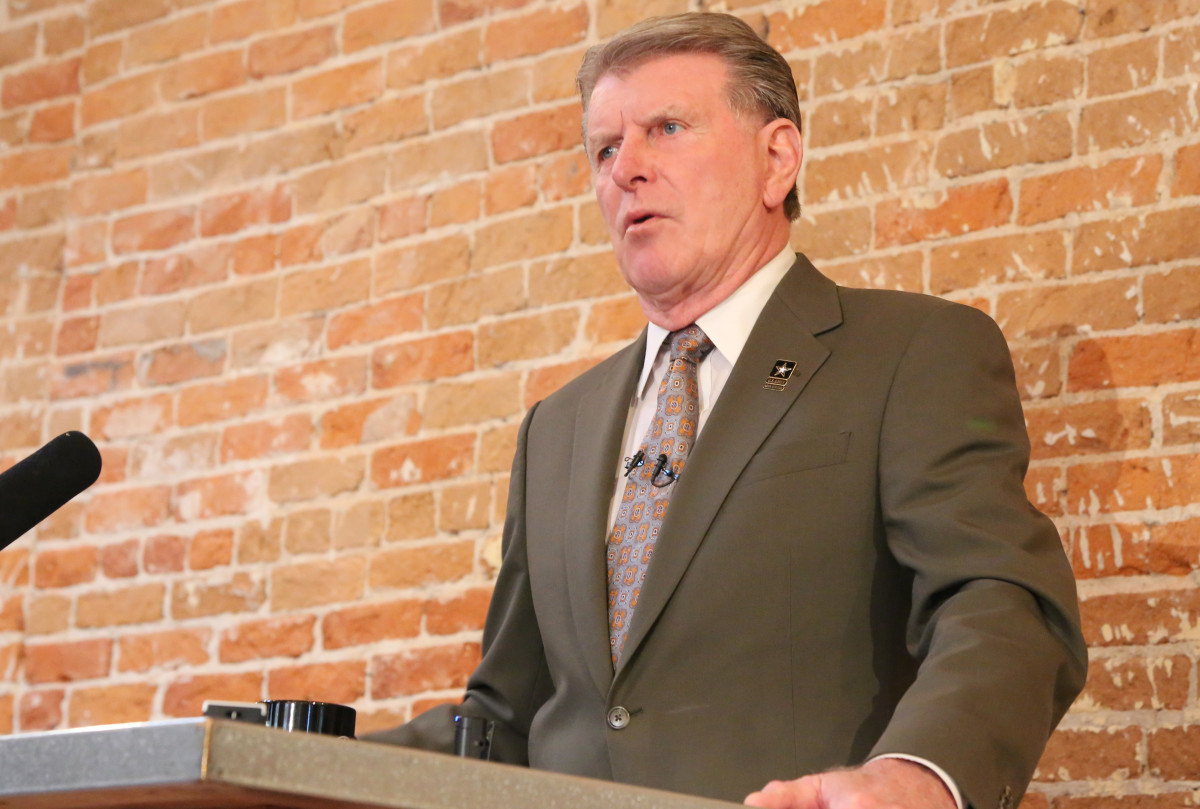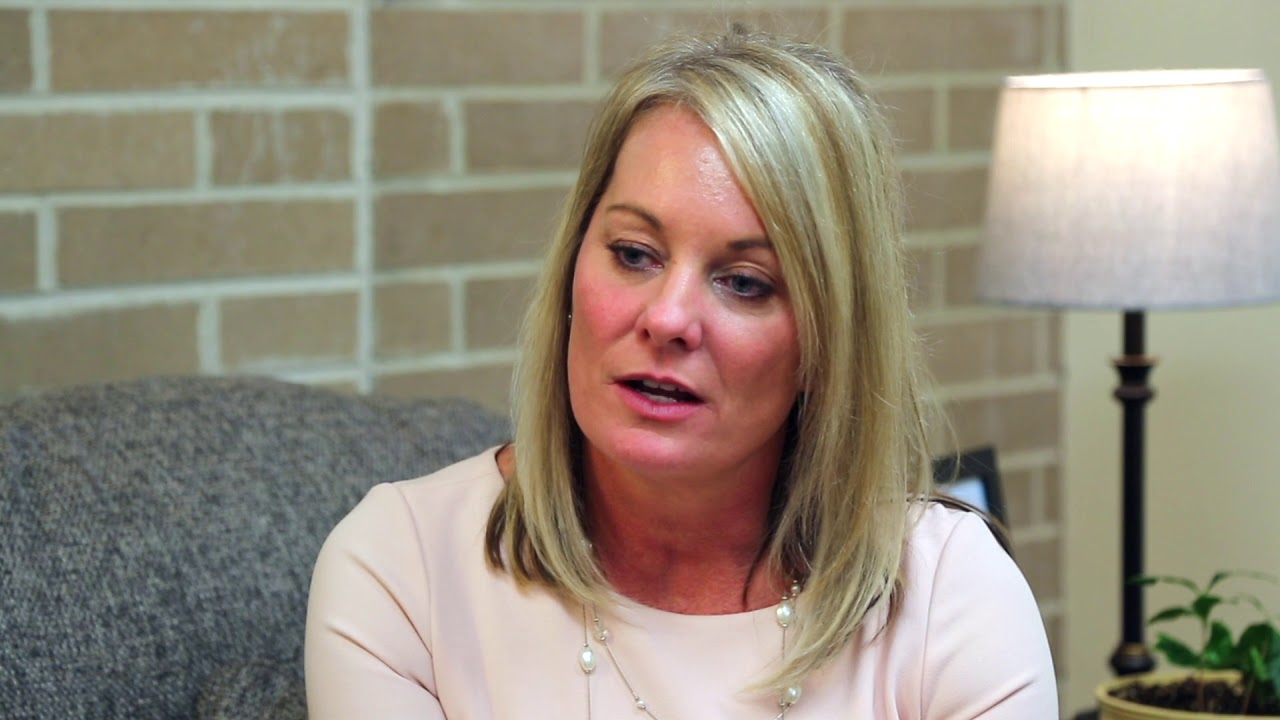For Idaho political junkies, the season opens Monday.
Gov. Butch Otter will start the 2018 legislative session with his 12th and final State of the State address. And that, in turn, launches a pivotal year in Idaho politics. Otter isn’t running — and there’s a wide-open race for governor, with Republican and Democratic primaries coming in May. And all 105 legislative seats will be up for grabs, plus several prominent lawmakers are retiring or seeking higher office.
But even if you aren’t a political junkie, there is plenty at stake in the next three months — for teachers, students and taxpayers alike. Here’s what to watch for at the 2018 Legislature.
Will Idaho hire a higher ed “CEO?” Several business leaders — including current and former private sector CEOs — believe Idaho needs someone who will look for ways to streamline the higher education system.

They believe a higher ed “CEO” can find millions of dollars of savings, money the state can plow back into scholarships or other programs. After hinting at his support in December, Otter publicly signed onto the idea Thursday. He says he’ll offer more details Monday.
Will tax talk dominate the 2018 session? Flash back to the way the 2017 session ended. Lawmakers approved a bill to repeal the sales tax on groceries. Otter vetoed the bill. A cadre of conservative lawmakers sued Otter, saying he took too long to break out the veto stamp. The Idaho Supreme Court issued a nuanced opinion on the timing of the passage of the bill, and the timing of the veto, and kept the grocery tax on the books.
Months later, the same political impasse remains intact. Otter still opposes the repeal. Lawmakers, preparing for campaigns of their own later this year, want a tax cut to burnish their election-year credentials. And any cut — such as a grocery tax repeal, which carried an $80 million price tag last year — would make fewer dollars available for education.
Will teachers get another pay raise? State superintendent Sherri Ybarra’s budget proposal includes $46.6 million for raises. This would cover the fourth installment of the five-year teacher salary career ladder plan. Otter won’t release his budget blueprint until Monday, but he has supported the career ladder the past three years, and legislators have fallen in line.

The fourth-year funding request comes as the state is receiving some sobering data about teacher turnover. Idaho’s turnover rate is 10 percent a year, above the national average — and many teachers are leaving the profession well before retirement age. Ybarra says there is anecdotal evidence that the pay raises are improving teacher morale, but says it will be “several years” before the state has hard evidence about whether the $250 million is keeping teachers in Idaho.
Will science standards pass, for good? Some legislative issues never die, it seems. They come back every year.
So it is with Idaho’s plan to rewrite its science standards. Lawmakers have veto power over academic standards — and for two years, they have pushed back against references to climate change and other contentious issues.
The new language seems tailored to win over skeptical legislators. One passage reads, “Human activities can have consequences (positive and negative) on the biosphere, sometimes altering natural habitats and causing the extinction of other species.”
The House and Senate education committees will get a look at the standards, perhaps in the first few weeks of the session.
Will Idaho put more money into advanced opportunities? Every high school student now has a $4,125 line of credit to spend on college-level classes. And students are responding by taking more classes than legislators expected. Lawmakers might need to dip into savings to cover extra advanced opportunities costs for 2016-17 and 2017-18. Ybarra’s 2018-19 budget proposal includes $15 million for advanced opportunities, up from $7 million.
Is more college and career help on the way? Since 2016-17, Idaho has earmarked $12 million to allow high schools to hire counseling staff: advisers that help students work through their college and career options. Ybarra wants a $9 million counseling line item in 2018-19, up from $7 million.
Will there be a boost in dollars for scholars? Idaho’s Opportunity Scholarship doesn’t provide equal opportunities. In 2017, the state received applications from 2,851 qualified high school seniors, and had enough money to provide scholarships to only 982 applicants. The State Board wants to increase the Opportunity Scholarship line item by $5 million. And look for another push for a $3 million “adult completer” scholarship, designed to help some of the 277,700 Idahoans who have some college credit, but no degree.
 Will Idaho stay the course on its early reading program? Reading scores improved slightly this spring, as Idaho wrapped up the first year of a program to provide extra help for students who are struggling with reading. But the challenge remains: this fall, only 50.1 percent of kindergartners arrived at school with grade-level reading skills. Ybarra wants $11.8 million for the next phase of the kindergarten-through-third-grade literacy initiative.
Will Idaho stay the course on its early reading program? Reading scores improved slightly this spring, as Idaho wrapped up the first year of a program to provide extra help for students who are struggling with reading. But the challenge remains: this fall, only 50.1 percent of kindergartners arrived at school with grade-level reading skills. Ybarra wants $11.8 million for the next phase of the kindergarten-through-third-grade literacy initiative.
Will there be any movement on the pre-K issue? Idaho is one of only a handful of states that doesn’t fund pre-kindergarten — and that appears unlikely to change in 2018. Ybarra has latched onto a digital program that a for-profit vendor has pledged to make available, for free, to parents of 4-year-olds. Idaho Business for Education hopes to get a hearing on a pre-K bill tailored after a program in Mississippi; yes, Mississippi has a pre-K program, and for now, Idaho CEOs just want their legislators to look at the concept. Next week, pre-K advocates will release results of a statewide survey on the issue.
Will the state help schools cover rising insurance premiums? School districts and charter schools spend about $160 million a year on employee benefits. Legislators haven’t settled on a way to help cover these costs. Ybarra wants to give the schools more money to cover benefits costs — but the proposed increase would translate to only $7.2 million.
Is the third time the charm for the rural schools proposal? Ybarra will again seek $300,000 to launch Rural Education Support Networks — cooperatives that are designed to help small school districts pool their resources. The rural plan has passed the House the past two years, but stalled in the Senate.
Stay current
- Click here for more details and dates about the 2018 year in politics.
- Check Idaho Education News Friday for coverage from the Associated Press’ annual legislative preview; Otter and legislative leaders are scheduled to speak.
- Check back Monday for full coverage of Otter’s State of the State address and the kickoff of the 2018 legislative session. You can watch the address at 1 p.m. on Idaho Public Television; Idaho Education News reporter Kevin Richert will be on a studio panel breaking down the speech.
